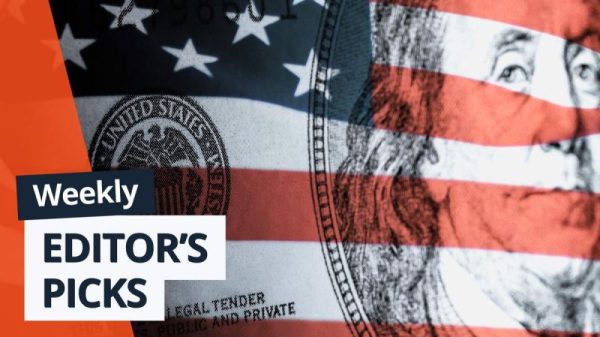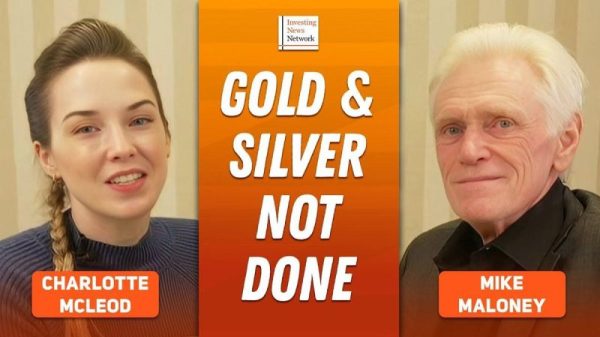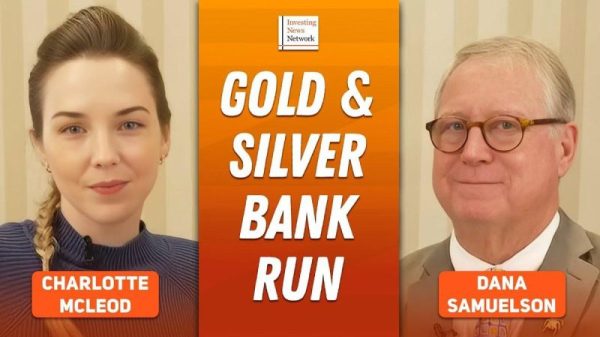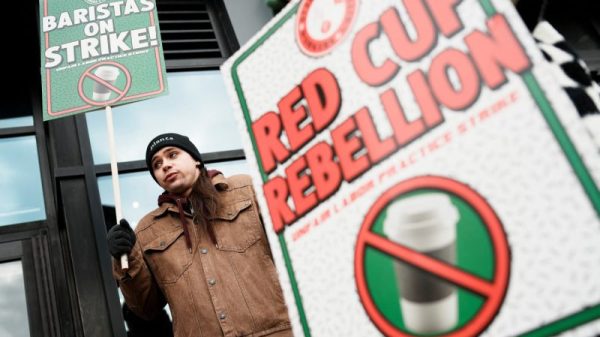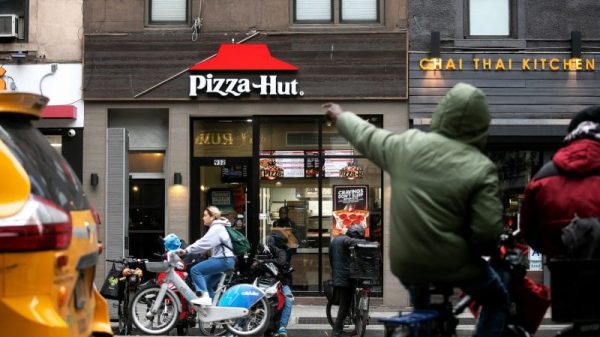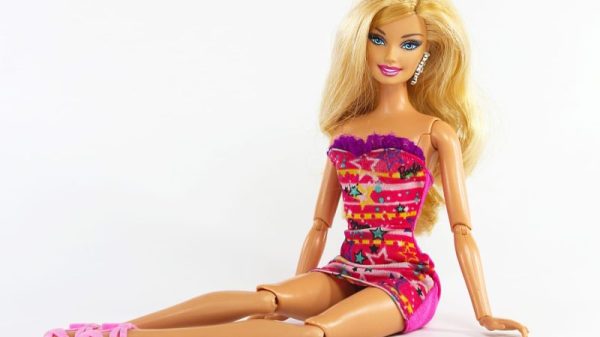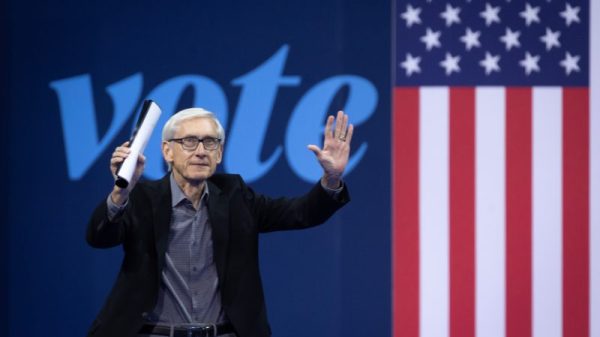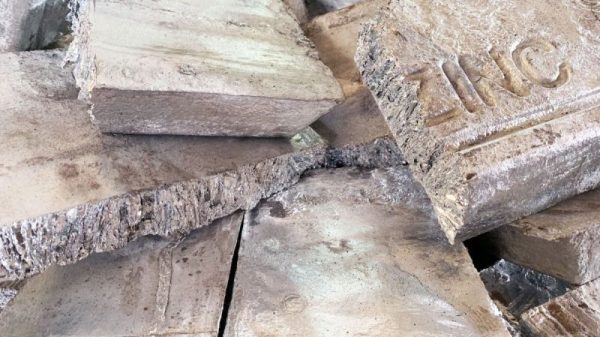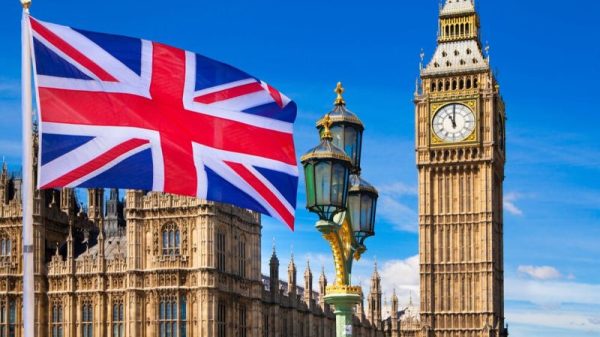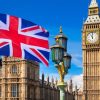Whispers rippled through the court in the moments before Prince Harry’s lawyer sensationally revealed a settlement had been reached with Rupert Murdoch’s media empire.
But for those at London’s High Court on Wednesday, the 11th-hour drama hadn’t been entirely unexpected.
Rumblings emerged the day before, on what should have been the first day of the trial over alleged unlawful information gathering. But repeated adjournments prevented proceedings from even starting.
Harry and his fellow claimant, ex-Labour Party politician Tom Watson, later heralded the agreement as a “monumental victory,” after receiving an full apology from News Group Newspapers (NGN), the publisher of The Sun and the now-defunct News of the World.
“NGN offers a full and unequivocal apology to the Duke of Sussex for the serious intrusion by The Sun between 1996 and 2011 into his private life, including incidents of unlawful activities carried out by private investigators working for The Sun,” it said in a lengthy statement.
The publisher also apologized to Harry for various invasions of privacy through illegal practices by journalists and private investigators working for the News of the World, which shut in 2011.
For those watching at home, the settlement seemed like an unexpected about-face from the 40-year-old royal who had previously been so resolute about seeing the case through.
After all, Harry recently reiterated his position, telling a New York Times summit last month that he was “the last person that can actually achieve” accountability, as legal costs had pushed so many others pursuing similar claims to settle, and the duke wanted to help them get “closure.”
Civil cases are designed to be settled out of court. The tabloid group has paid huge sums to victims of phone hacking and other illegal activities carried out by the News of the World, and settled claims brought by more than 1,300 people.
Harry had been willing to continue despite the potentially hefty costs as the case reflected his more deeply personal mission: seeking truth and accountability.
He has also relentlessly pursued a wider war against tabloid newspapers in the United Kingdom, launching civil actions against multiple publishers here, because he wants to help change the country’s media landscape.
For Harry, the invasion of privacy goes back to his childhood. He has often recalled watching his mother suffer from it, before he experienced it himself and then felt his wife had been forced to endure it, too. Getting NGN to include an apology referencing “the extensive coverage and serious intrusion” into Diana’s private life will probably have been incredibly meaningful to him.
Speaking outside the court afterward, Harry’s co-claimant in the suit, former deputy Labour Party leader Watson, described the royal as a “predator” taking on the “big beast of the tabloid jungle.” He praised the duke for “unwavering support and determination under extraordinary pressure.”
But in achieving the settlement, Harry may have felt that he got as much and gone as far as he could through civil avenues. He’s walking away with NGN’s extensive apology and hefty damages – understood to be an eight-figure total sum for both claimants.
Had the trial got underway, the duke’s legal team was set to argue that illegal techniques were widespread at the NGN tabloids and claim that the practices were well-known by executives and senior staff who allowed them to continue.
The settlement led the judge to vacate the trial, meaning those allegations will now not be tested. NGN has previously and continues to reject any claims of a cover-up or destruction of evidence.
“This matter was also investigated fully by the police and CPS (Crown Prosecution Service) between 2012-2015, at the conclusion of which it was found that there was no case to answer,” a spokesperson for NGN said in a statement.
Whether or not a fresh police investigation follows, as Harry and Watson hope, will be the big question in the days and weeks ahead. Watson said outside court that their dossier of information would be passed to authorities.
Met Police Commissioner Mark Rowley said in an interview on LBC Radio on Friday that “much of the material in the civil litigation actually came from those (previous) investigations” before adding that it would review any material sent to the force.







